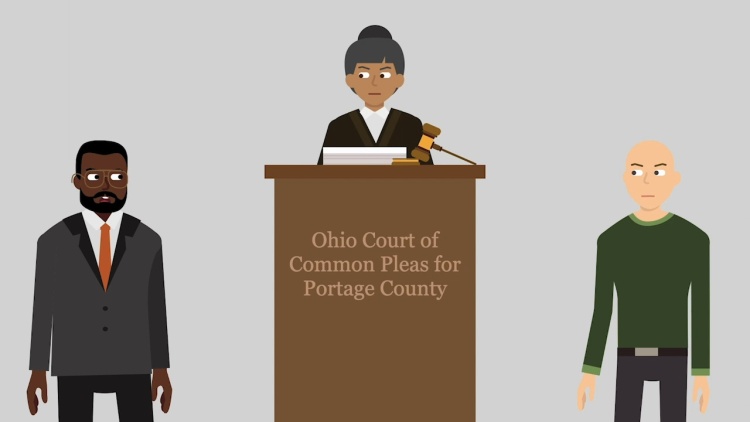Kent State University v. Ford
Ohio Court of Appeals
26 N.E.3d 868 (2015)
- Written by Rose VanHofwegen, JD
Facts
In 2008, Kent State University (plaintiff) hired Gene Ford (codefendant) as head coach of the men's basketball team. The contract contained a liquidated-damages provision that said if Ford resigned before its expiration, he would have to pay the university an amount equal to his salary for the remainder of the contract based on Kent State’s “investment in [Ford’s] continued employment.” In 2010, the parties negotiated a new five-year contract that increased Ford’s salary to $300,000 and contained the same liquidated-damages provision. A year later, Ford resigned and accepted a position coaching at Bradley University (codefendant) for $400,000. Although Kent State hired a replacement almost immediately, it sued Ford and Bradley seeking damages. Ford argued Kent State suffered no damages as a result of his departure. Kent State officials testified that the liquidated damages covered costs associated with finding a replacement coach, staff transitions, adverse effects on the program, and lost ticket sales. Other coaches had the same provision. Kent State always used salary as the basis because it estimated that a coach’s departure cost the program about that much, but had not done a financial analysis to substantiate it. Kent State also showed Ford understood the liquidated-damages provision, tried to avoid it negotiating the contracts, and remained concerned about it when he resigned. The court granted Kent State summary judgment awarding the specified liquidated damages. Ford appealed.
Rule of Law
Issue
Holding and Reasoning (Grendell, J.)
Dissent (Cannon, J.)
What to do next…
Here's why 911,000 law students have relied on our case briefs:
- Written by law professors and practitioners, not other law students. 47,100 briefs, keyed to 997 casebooks. Top-notch customer support.
- The right amount of information, includes the facts, issues, rule of law, holding and reasoning, and any concurrences and dissents.
- Access in your classes, works on your mobile and tablet. Massive library of related video lessons and high quality multiple-choice questions.
- Easy to use, uniform format for every case brief. Written in plain English, not in legalese. Our briefs summarize and simplify; they don’t just repeat the court’s language.





